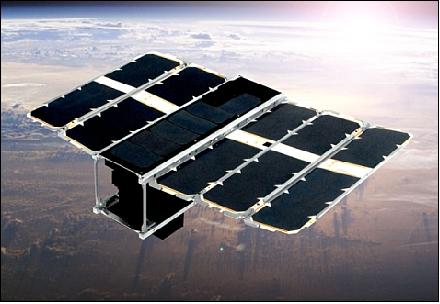UK & Australia Eye Solar Power Station In Space
26th Oct 2022
Britain and Australia are currently in talks to create a solar power station in space. The nations want to prevent a repeat performance of the current energy crisis we’re experiencing as a consequence of Vladimir Putin’s invasion of Ukraine.
The UK Government is currently discussing the possibility with Australia via Frazer-Nash, the renowned internal consultancy business.
A significant move to becoming self-sufficient
James Bunn, an Aussie engineer who is currently based in London, brokered the meeting. He has said the following:
“It would mean both countries will no longer be held ransom by unfriendly powers who provide these services. By becoming self-sufficient, the UK and Australia can use the electricity supply chains to dictate their own energy prices to the consumer.”
How the solar space power station would work
The intention is for rotating satellites to collect sunlight, turning it into power, and then beaming it down to Earth, where it can be fed into the National Grid.
Bunn further explained that this would eradicate the issue of depending on ground-based solar panels, as there is no nighttime in space. So, if we generate electricity all night long, it means a base load of energy can be maintained 24 hours a day.
If the scheme is given the green light, it will help Australia and the UK towards achieving net zero emissions.
A hot topic at next month’s ESA meeting
The race for net zero will see officials from Britain and Australia attend a top-level meeting next month. European science ministers will descend on Paris to determine ESA priorities, with the UK still being a member of the European Space Agency.
The discussion list includes a proposal for testing the feasibility of a commercial power station in orbit.
When compared with fixed traditional solar panels on Earth, satellite solar panels gather up to 40 per cent more energy.
The space-based energy concept utilises massive reflectors in orbit to take in the sun’s rays and points to potentially more energy captured in a year than the total ever supplied by nuclear power and fossil fuels, no carbon footprint, and unlimited electricity.







Thank you for your comment! It will be visible on the site after moderation.